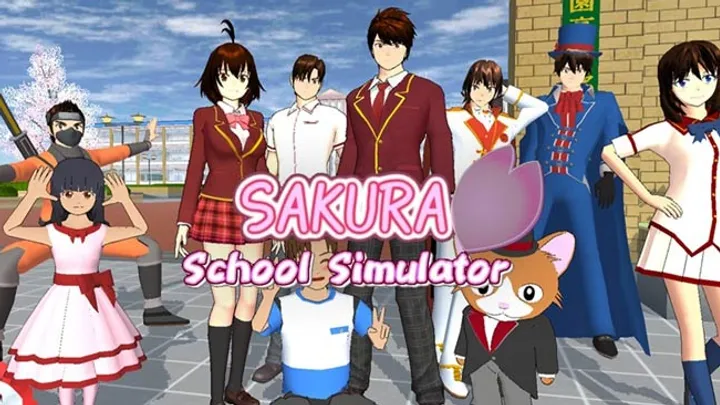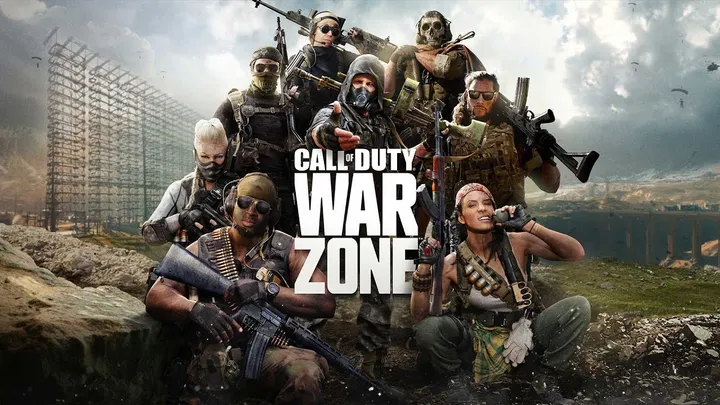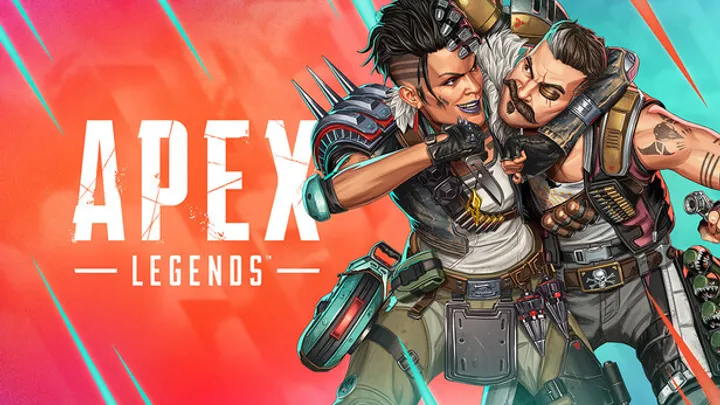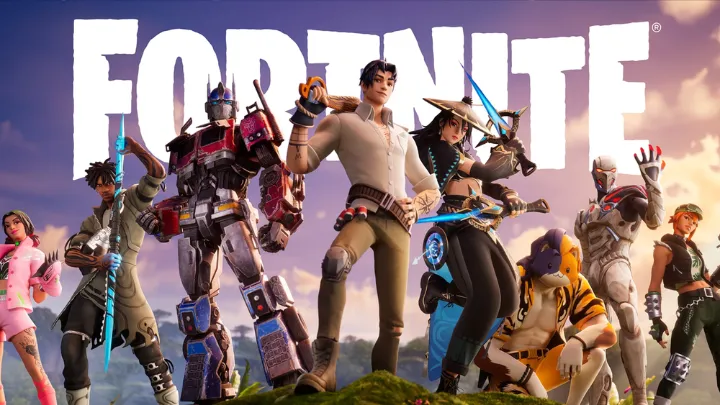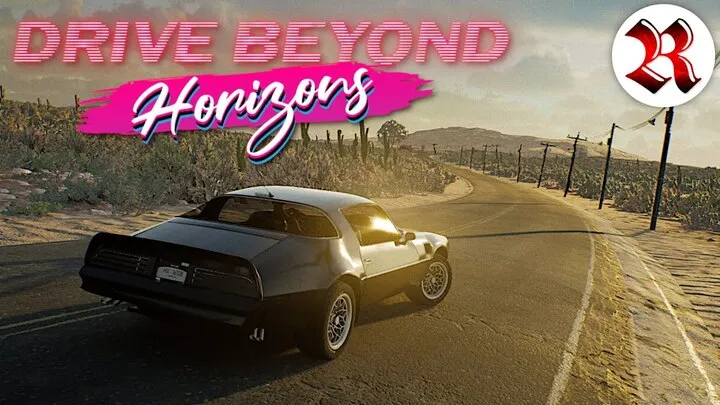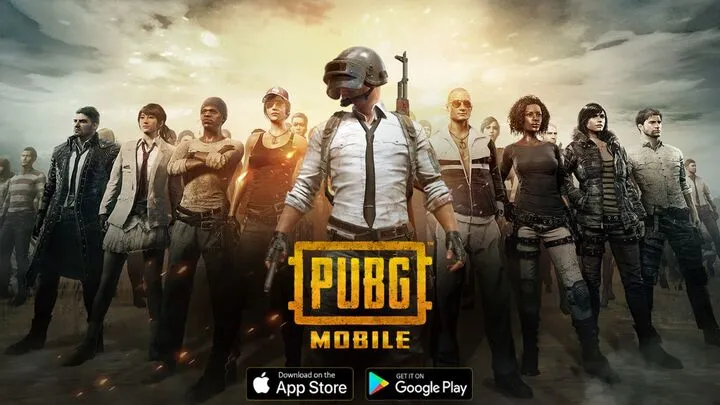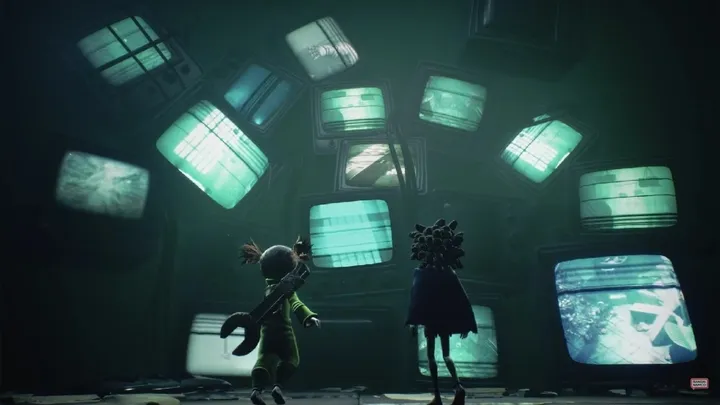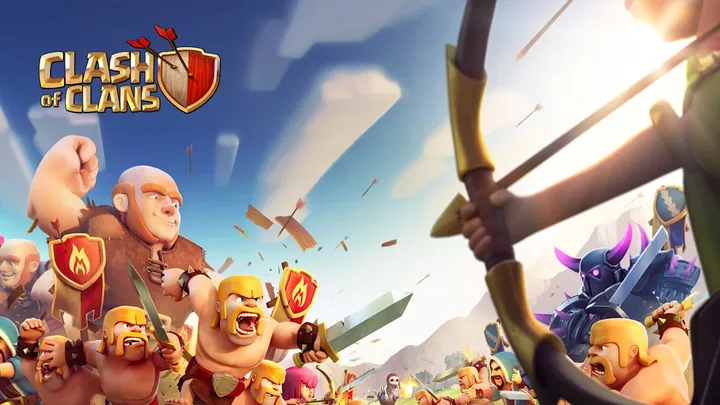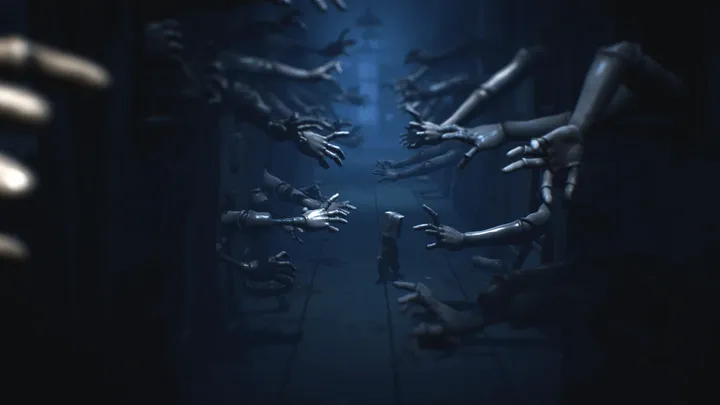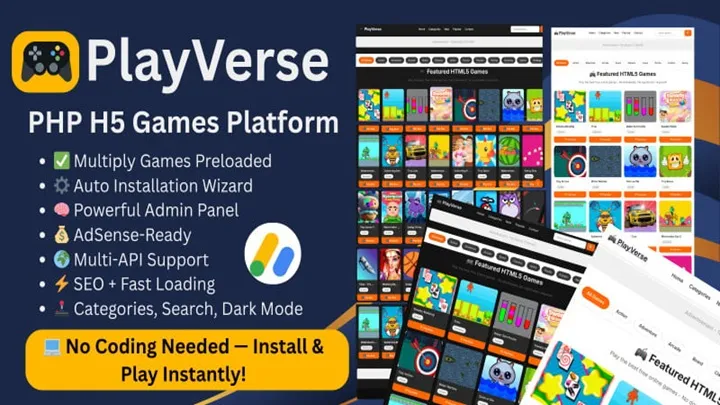1. Introduction: A War Fought on Two Fronts
When Call of Duty: Warzone launched in March 2020, it revolutionized the battle royale genre.
Fast gunplay, seamless crossplay, and AAA polish made it a global sensation.
But as millions jumped in, a darker force followed — cheaters.
From aimbots to wallhacks, the integrity of Warzone’s firefights began collapsing.
Even after Activision’s bold release of the Ricochet Anti-Cheat System in 2021, the problem persisted.
Players continue to report blatant hackers — invincible opponents, impossible headshots, and entire lobbies ruined by automation.
This isn’t just a gameplay annoyance. It’s a trust crisis, threatening the very foundation of one of gaming’s most popular franchises.
2. The Rise of Cheating in Warzone
Early Days: A Playground for Hackers
Warzone’s free-to-play model attracted millions — including bad actors.
Without a price gate, hackers could create endless accounts, cheat freely, and start over after every ban.
In 2020 alone, Activision reported banning over 70,000 accounts.
But new ones replaced them almost instantly, leading to what players described as “cheaters in every other lobby.”
The Evolution of Cheat Software
By mid-2021, cheat developers had become sophisticated.
They introduced features such as:
- AI-assisted aimbots that mimic human aim to avoid detection.
- ESP (Extra Sensory Perception) overlays showing player positions through walls.
- Radar hacks displaying enemy locations on a secondary screen.
The cheats evolved faster than the detection systems meant to stop them.
3. The Introduction of Ricochet Anti-Cheat
A Promising Beginning
In December 2021, Activision launched Ricochet, an advanced kernel-level anti-cheat.
The system promised to detect cheats at the system level — monitoring software interactions beyond the game itself.
Initial player reactions were hopeful.
For a few weeks, cheating seemed to drop significantly. Content creators praised the improvement.
Reality Strikes Back
However, by early 2022, cheaters returned — smarter and harder to detect.
They adapted, masking their programs under legitimate system processes or using virtual machines to bypass Ricochet entirely.
The war had simply entered a new phase.
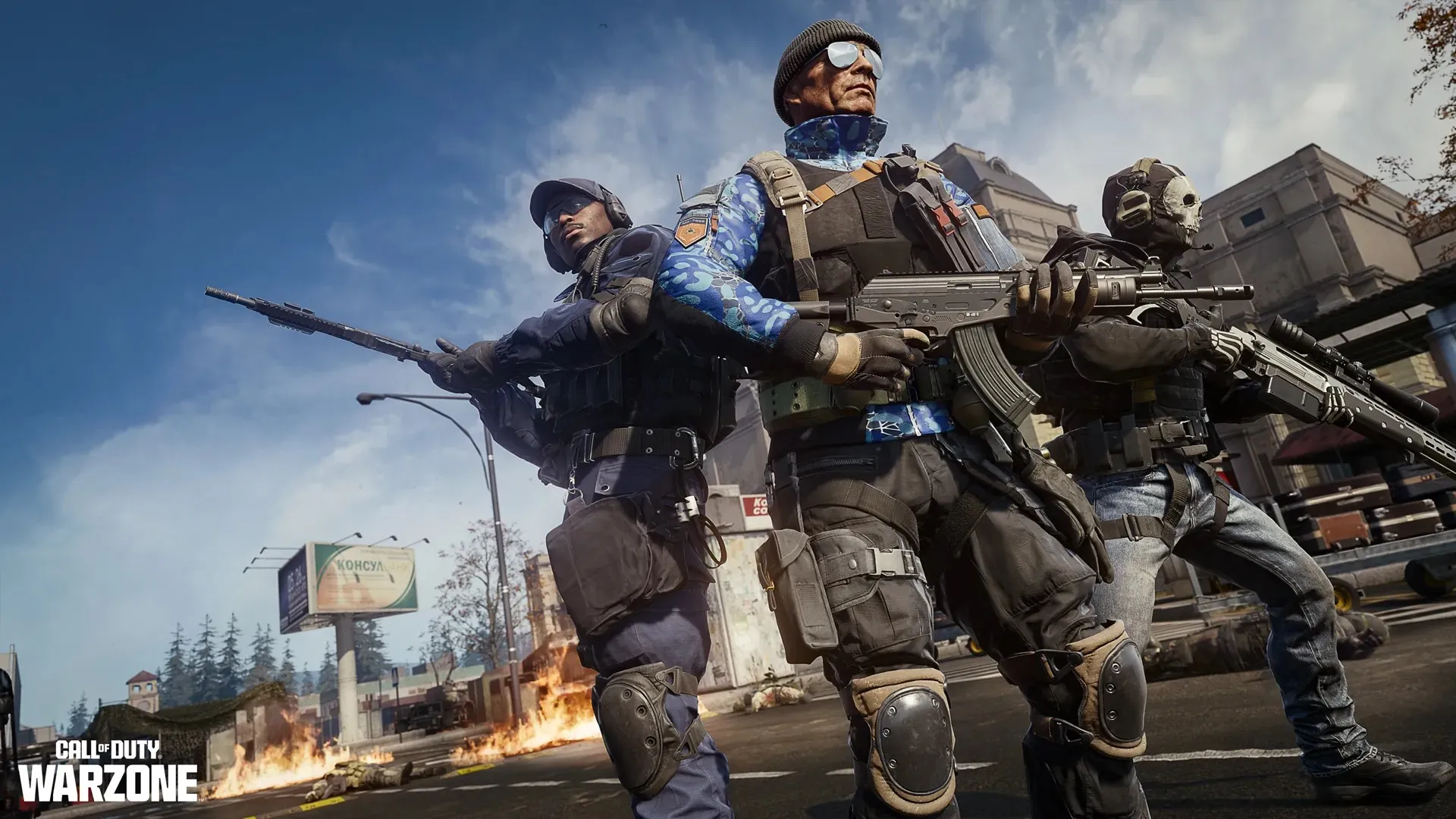
4. How Cheaters Undermine the Core Experience
1. Destroying Competitive Integrity
Aimbots and wallhacks make genuine gunfights meaningless.
Even the most skilled players can’t compete when their opponent sees through walls or never misses.
Ranked modes and tournaments suffer the most, as even one hacker can nullify hours of fair play.
2. Eroding Player Trust
The psychological damage is profound:
- Players question every death: “Was that legit?”
- Streamers face harassment and false cheating accusations.
- Casual fans quit, believing skill means nothing anymore.
Once trust in fairness is lost, it’s nearly impossible to rebuild.
3. Economic Consequences
Cheating doesn’t just hurt gameplay — it hits Activision’s bottom line.
Players stop buying skins, bundles, and battle passes if they can’t enjoy the experience they paid for.
5. Why Ricochet Struggles to Keep Up
A Constant Arms Race
Anti-cheat systems and cheat developers exist in perpetual conflict.
Every Ricochet update triggers countermeasures from cheat makers within days.
The difference is time and scale — cheaters only need to find one loophole, while Activision must close all of them.
Technical Limitations
Ricochet operates at the kernel level, meaning it can access deep system data — but this raises:
- Privacy concerns from players skeptical of system-level monitoring.
- Compatibility issues with certain hardware and software setups.
As a result, Ricochet can’t be as aggressive as it needs to be without risking user backlash.
Crossplay Complications
Cross-platform play — a major Warzone feature — makes cheating harder to control.
Console players can’t easily install cheats, but PC players can, and crossplay ensures everyone shares the same lobby.
This creates imbalanced experiences where console users feel punished for even enabling crossplay.
6. The Business Incentive Paradox
Free-to-Play: The Root Cause
The same model that made Warzone explode in popularity also makes it a hacker’s paradise.
Because creating a new account is free, bans become meaningless.
IP bans are easily bypassed using VPNs or hardware spoofing.
Money Talks
Activision walks a fine line.
Tightening anti-cheat too much risks:
- False positives (banning legitimate players)
- Slower updates and performance issues
Both can hurt retention and spending — making the company hesitant to act too aggressively.
The paradox: stricter security might fix cheating but harm engagement metrics in the short term.
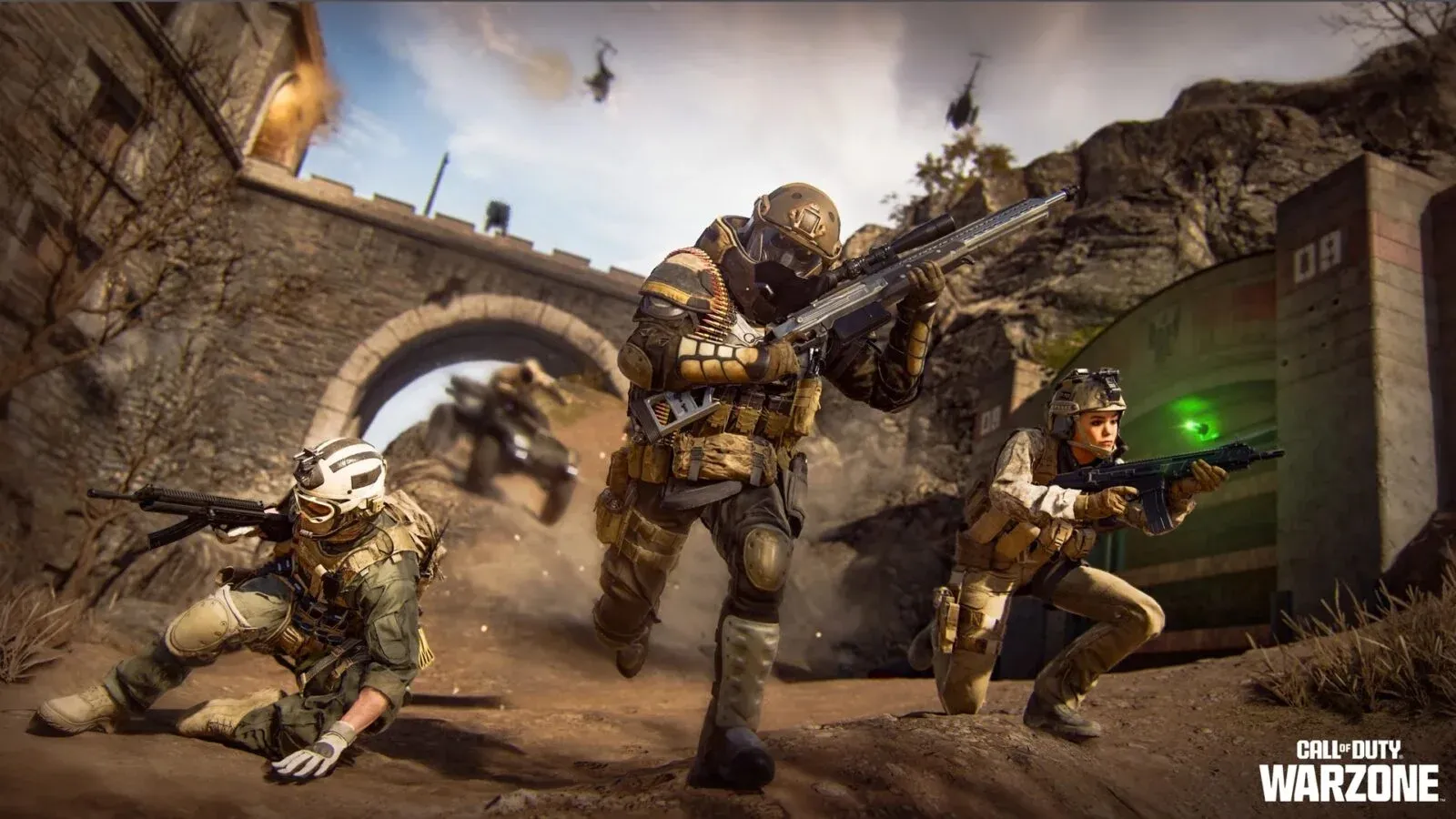
7. The Social Impact: Community Division and Distrust
Streamers vs. Casuals
Prominent streamers like NICKMERCS and Dr Disrespect have publicly criticized Activision’s lack of progress.
Many even quit Warzone temporarily, shifting to Apex or Fortnite.
Meanwhile, casual players feel abandoned — forced to accept cheater-filled lobbies or quit altogether.
This divide fractured the community into two camps:
- Hopeful loyalists who believe Ricochet will eventually stabilize.
- Cynical veterans who’ve seen too many “waves of bans” that changed nothing.
False Accusations and Witch Hunts
Ironically, the presence of so many real cheaters has made legitimate skill suspicious.
Talented players are often accused of hacking simply for performing well — a byproduct of widespread mistrust.
8. The Cat-and-Mouse Game of Cheat Developers
The Underground Economy of Cheats
Cheating is no longer a hobby; it’s a business.
Entire marketplaces sell monthly cheat subscriptions for $20–$80, complete with 24/7 customer support.
These companies:
- Update cheats weekly to bypass Ricochet patches.
- Use obfuscation layers to disguise code.
- Employ machine learning to mimic human aim patterns.
It’s not a battle of morality — it’s a multi-million-dollar industry directly profiting from Warzone’s vulnerabilities.
Streamer-Targeted Cheats
Some cheat programs even include stream-safe modes, hiding overlays from broadcasting software to avoid exposure on livestreams.
This sophistication reveals how deeply commercialized the cheating scene has become.
9. Attempts to Restore Fair Play
“Damage Shield” Countermeasure
In 2022, Ricochet introduced a clever new mechanic:
When the system detects suspicious behavior mid-match, it enables a “damage shield” — preventing cheaters from dealing normal damage.
This allowed legitimate players to kill cheaters without even realizing it, turning the tables momentarily.
It was a smart move — but a temporary one.
Cheat developers quickly adjusted, rendering it obsolete.
Hardware Bans and Account Linking
Activision also began issuing hardware ID bans, preventing repeat offenders from simply creating new accounts.
However, with spoofers and fake device IDs widely available, the deterrent effect remains limited.
Community Reporting Tools
While in-game reporting helps, it relies on manual review.
With millions of daily matches, only a fraction of reports ever lead to timely action.
10. The Path Forward: Can Warzone Ever Be Clean?
1. Multi-Layered Detection Systems
Instead of relying solely on Ricochet, Activision could implement behavioral analytics — AI that tracks unnatural movement or reaction times across multiple matches.
This would identify cheaters even when software detection fails.
2. Account Investment Barriers
Requiring light verification (like phone number linking or two-step authentication) for new accounts could reduce throwaway accounts drastically.
3. Incentivizing Fair Play
Rewarding fair gameplay through reputation systems — similar to Valorant’s honor tiers — could rebuild trust and give clean players visible recognition.
4. Open Transparency Reports
Regular public updates about ban waves, cheat trends, and Ricochet performance metrics could help rebuild community confidence.
5. Rethinking Free-to-Play Models
While controversial, implementing small barriers to entry (e.g., $5 refundable entry or required verification) might deter serial cheaters without alienating new players.
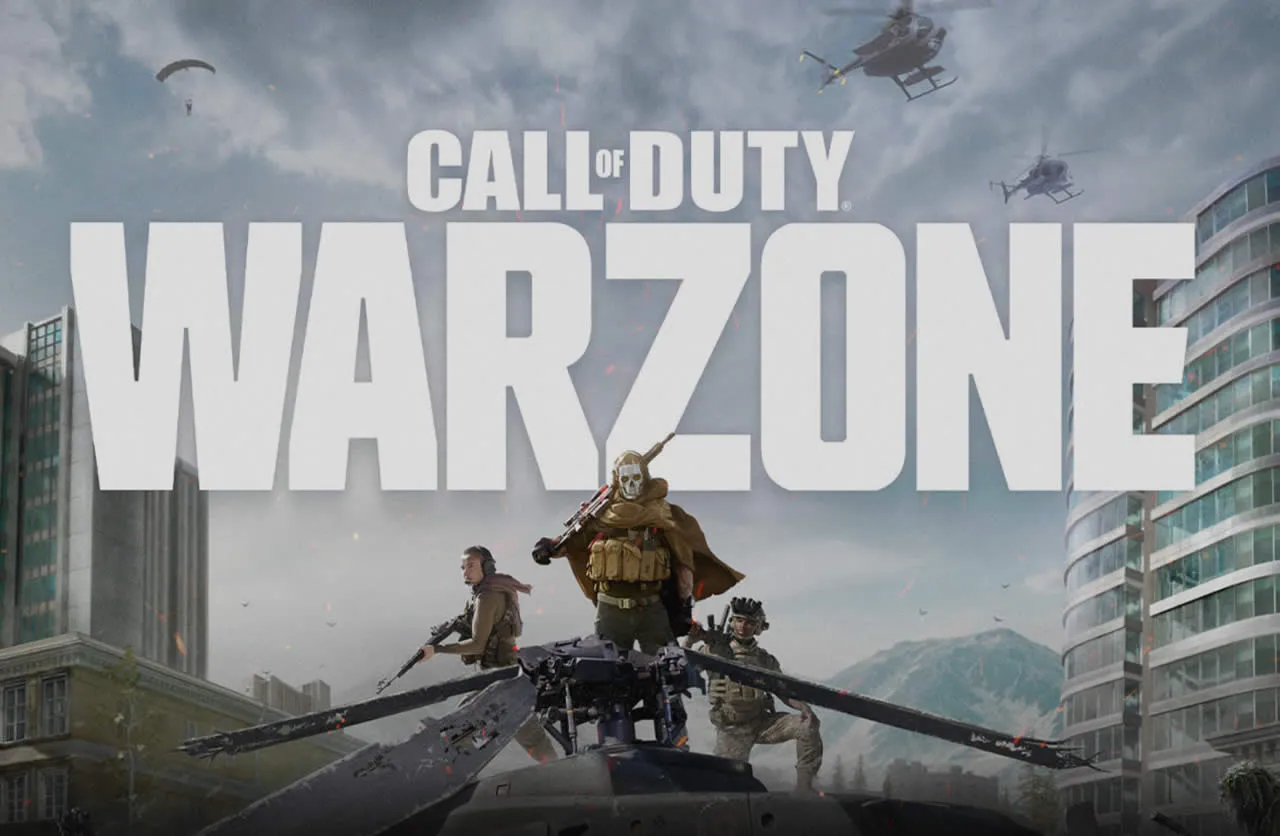
Conclusion: Winning the Unseen War
The fight against cheating in Call of Duty: Warzone isn’t a battle with a clear end — it’s a constant, evolving conflict.
Each Ricochet update feels like progress, but the cheating industry moves faster, adapting like a virus against every new defense.
What’s at stake is more than just competitive integrity — it’s trust.
Trust that each gunfight means something. Trust that every victory was earned.
Without it, even the best gameplay can’t sustain the community’s faith.
If Activision truly wants to reclaim Warzone’s legacy, it must treat anti-cheat not as a patch, but as a pillar — as vital as movement, gunplay, or map design.
Only then can Warzone’s battlefields become what they were always meant to be: a war of skill, not software.
